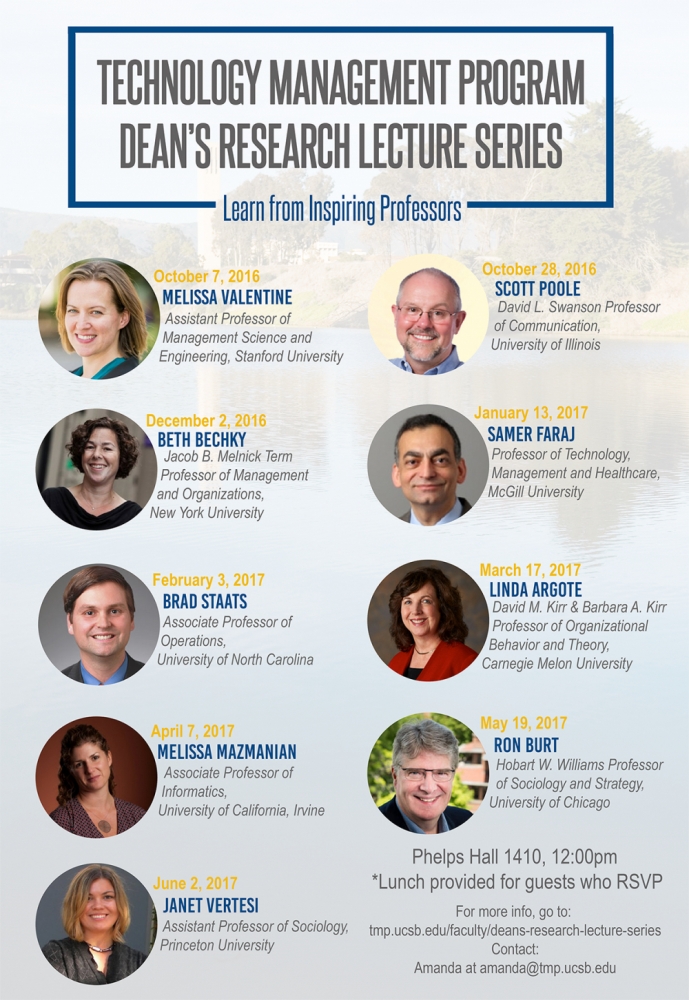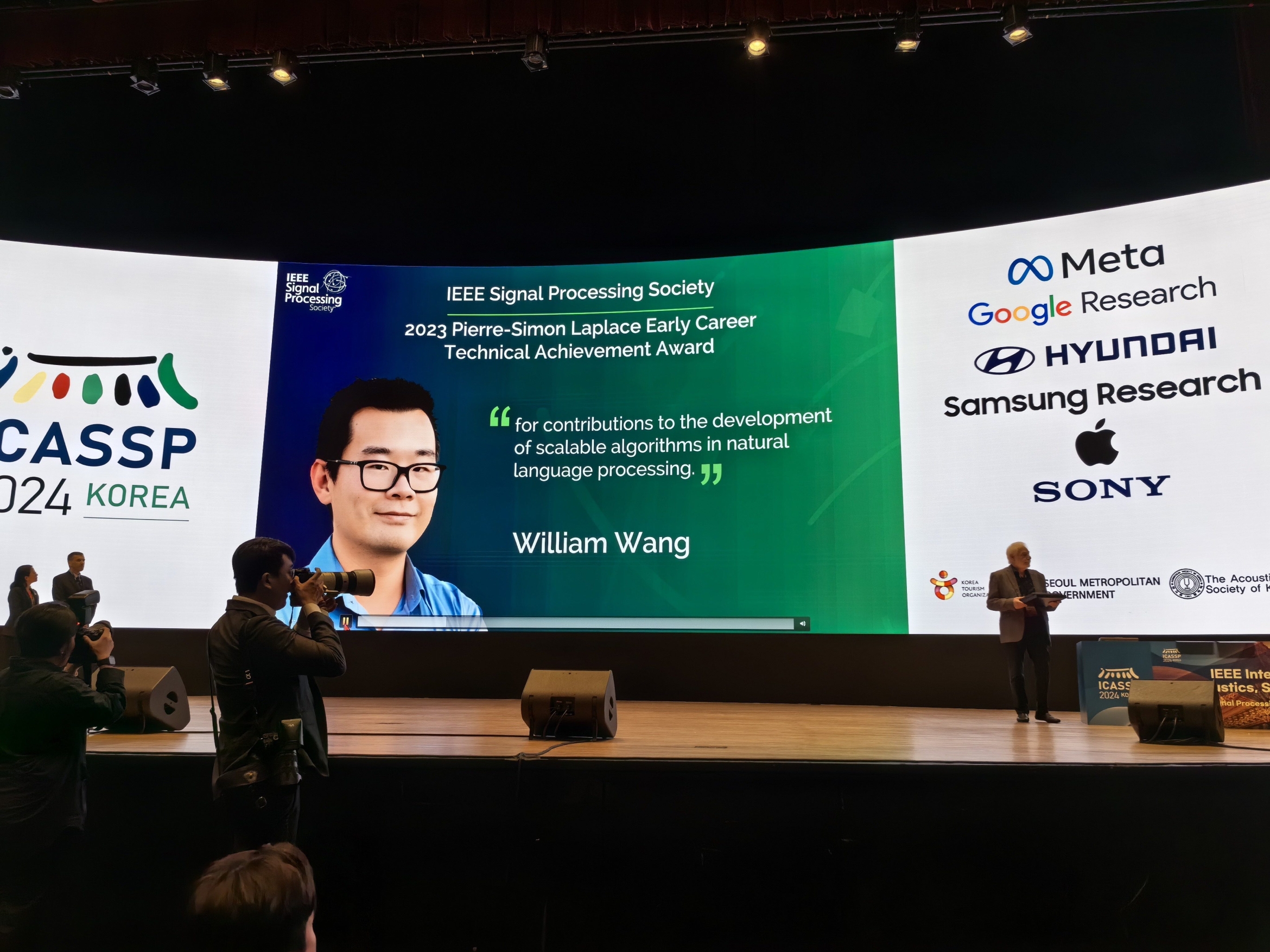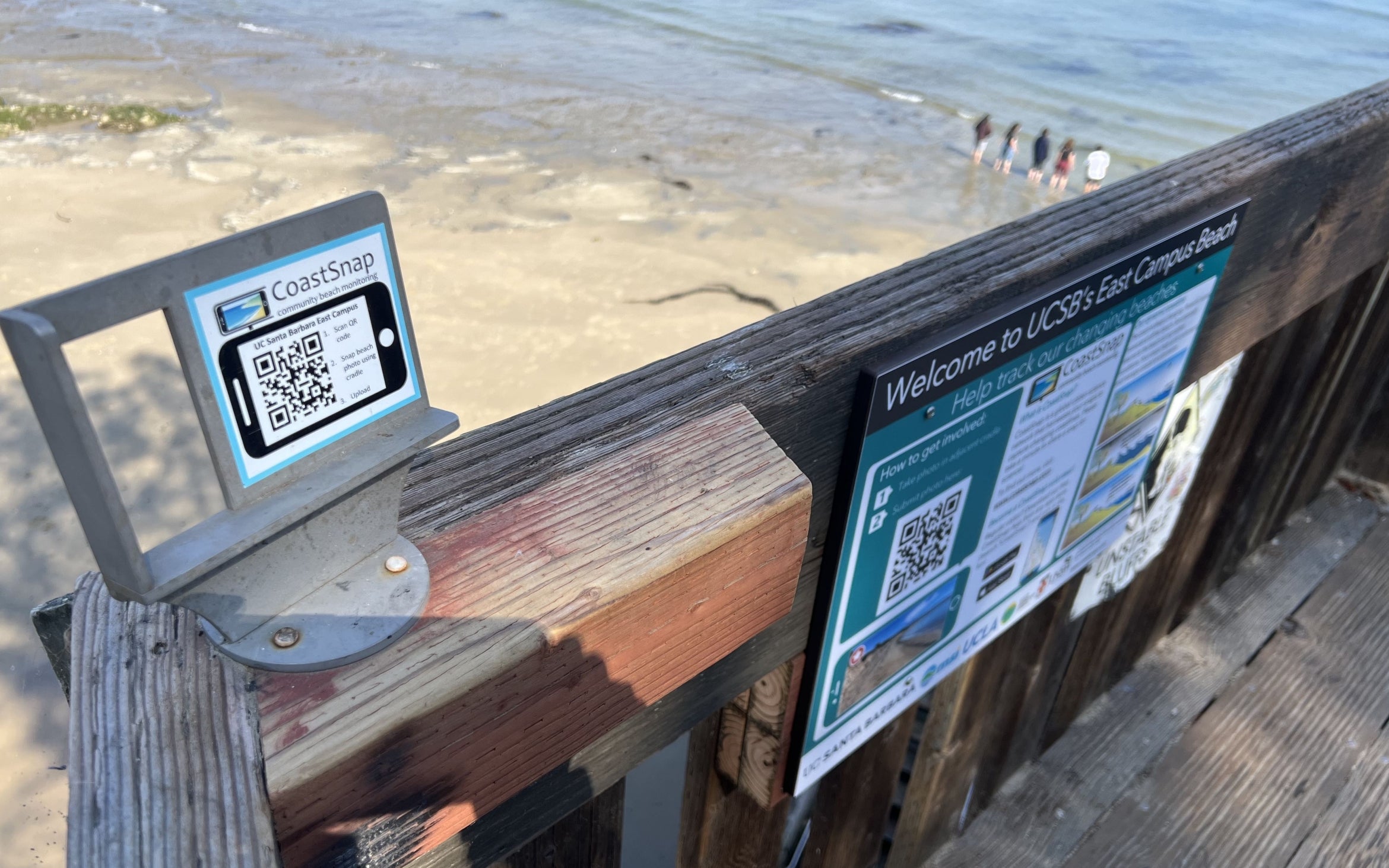
Technology Management 2.0
Technology-based entrepreneurship can be as novel and exciting as the advanced and innovative products and services that spawn them. So, too, are the ideas and questions around how to do business in the rapidly evolving world of technology. How does one build a real organization in a world of virtual commerce? What practices and principles born of the brick-and-mortar days of business still hold true for the modern, global workforce? How can tech entrepreneurs cultivate a corporate culture in the days of constant — and expected — turnover?
These and many other important business questions get their due treatment in an ongoing lecture series presented by UC Santa Barbara’s Technology Management Program (TMP). Sponsored by the the College of Engineering, the Dean’s Research Lecture Series brings together the insight of technology management and organization studies experts from around the country and signals TMP’s own growth and evolution.
“We’ve moved into a new generation of TMP,” said Paul Leonardi, the Duca Family Professor of Technology Management. From its early days mentoring enterprising undergraduate students, TMP has grown from a popular business plan competition and certificate program into a full-fledged master’s program with a roster of distinguished faculty, many of them successful business leaders in their own rights. Now with a recently approved Ph.D. track, Leonardi said, it’s important for TMP to expand beyond teaching the important skills of starting up and managing a tech company to producing original research that changes the way tech companies operate.
“Part of the goal a speaker series like this is to bring the best minds from around the country who can help us think through the kinds of high-level problems that tech companies face,” Leonardi said. “We want to learn from them so we can use these insights to inspire our own research and to bring continually relevant research into our classrooms. Learning about cutting-edge research in technology management will help us teach our master’s and Ph.D. students and inspire more research and confidence around running technology-based companies.”
The speakers, who come to campus every month until June 2017, are business- and tech-savvy scholars whose research explores the deeper and broader questions of running a business in the face of the shifting trends and new capabilities technology brings.
“Our first speaker in this series was Professor Melissa Valentine from Stanford’s School of Engineering,” Leonardi said, “and she talked to us about new temporary organizations that are starting to crop up online.” Temporary organizations consist of internet-connected individuals who come together online over specific projects that last a limited amount of time, he explained. For example: people who take on marketing of an application written by an individual or a small group, as opposed to a full-time marketing department in a software company that continuously pumps out programs and apps.
Other speakers include Brad Staats from the University of North Carolina, who will discuss efficient operations and supply chains for tech-based companies, and Linda Argote from Carnegie Mellon University, who will talk about how organizations with high turnover can develop and retain institutional knowledge. Ron Burt from the University of Chicago, meanwhile, will discuss how to design informal networks that can efficiently generate new ideas and products.
The Dean’s Lecture Series complements TMP’s existing Distinguished Lecture Series, which brings in practicing businesspeople to talk to and mentor fledgling tech entrepreneurs. Faculty, experienced tech entrepreneurs ready to take the next step and students building on previous TMP education would get the most out of this series, Leonardi said.
But the wisdom flows in both directions, he added.
“We’re thinking about the particular issues that face technology companies today, and who are the smartest people out there that are focused on researching those particular issues,” he said. “And we also like nice people who we can learn from and who can learn from us.”



